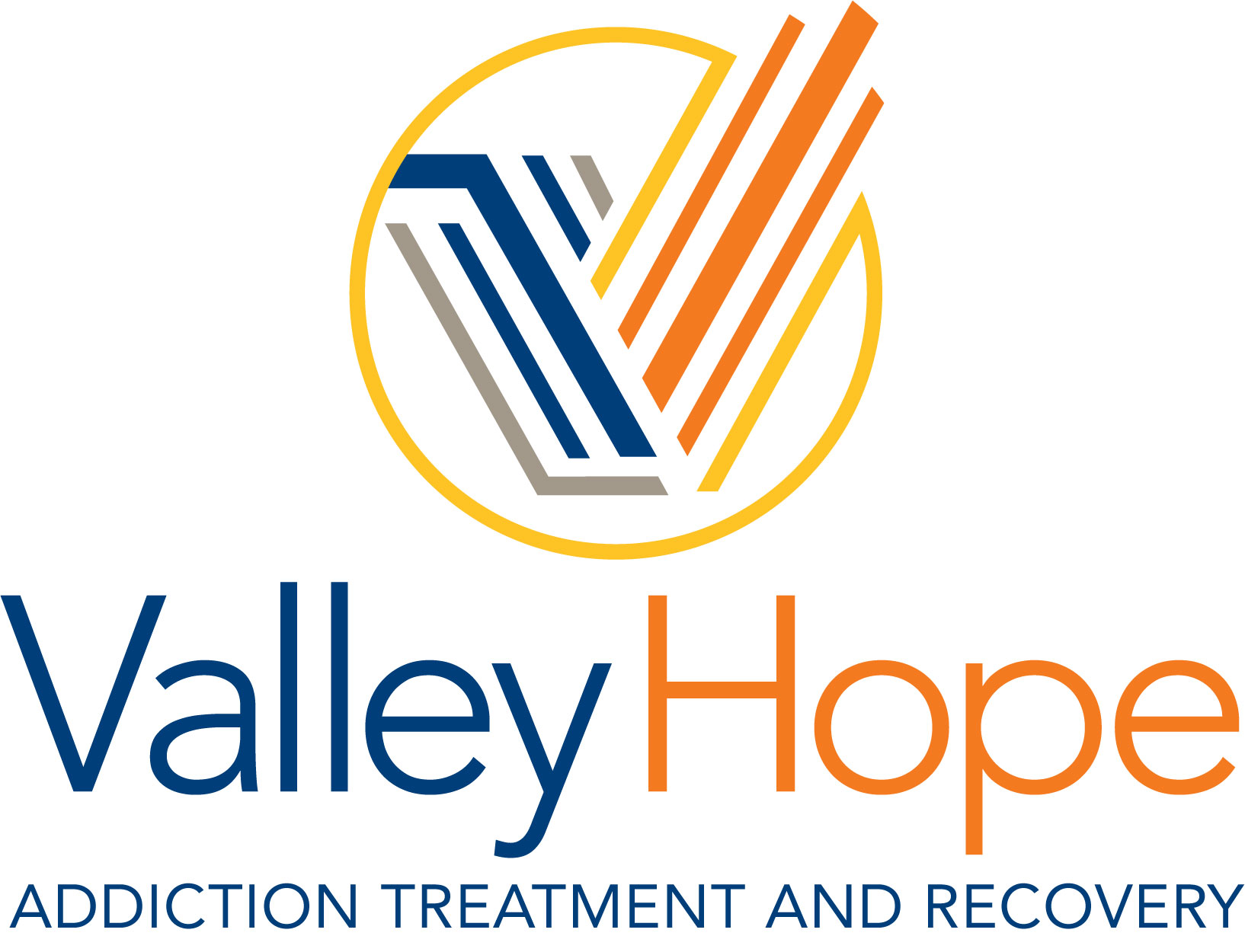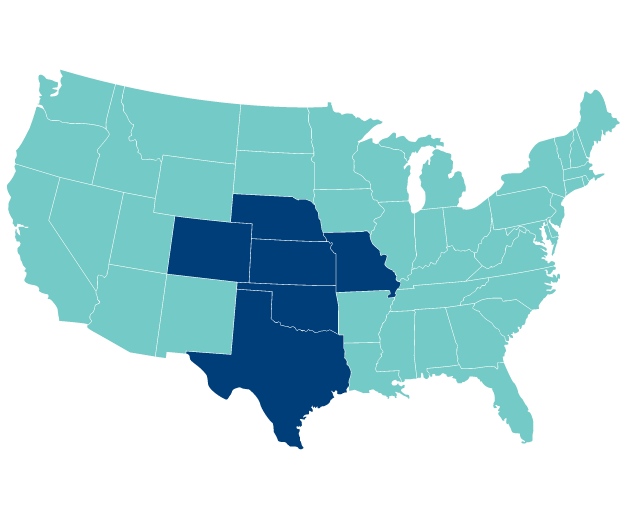Addiction to drugs and alcohol is a chronic condition that can include relapse after periods of sobriety and even long-term recovery.
In fact, according to the National Institute on Drug Abuse, about 40 to 60 percent of people who get treatment for a substance use disorder (SUD) will relapse within a year.
Learning how to protect yourself from relapse is a key component to SUD treatment and the addiction recovery journey.
1. Reach Out for Help
The first step to reclaiming your sobriety after relapse is to reach out for help. You can your reach out to your sponsor, go to a 12 Step meeting, talk with a safe loved one, or, depending on the severity of the relapse, seek addiction treatment or reach out to a counselor that is licensed in SUD treatment.
Like when you first decided to seek help for substance abuse, admitting that you have relapsed and used drugs or alcohol, is incredibly difficult. The guilt and shame of straying from sobriety that you worked so hard to achieve can make you feel like a failure. But getting help as soon as you accept that you have relapsed is crucial to reclaiming your recovery and saving your life. By reaching out to a person you can trust, you can begin the discovery process to learning what triggered the relapse and what steps you need to take to regain sobriety.
Remember, isolation and deception are typical patterns of addictive behavior — do not withdraw, admit your relapse occurred and ask for help.
2. Learn What Caused the Relapse
Discovering the cause of your relapse will allow you to dig deeper into the issues and find healing. Many factors can disrupt your recovery journey, including divorce, trauma, job loss, or other setbacks.
When relapse occurs, it is essential to learn from it. Analyze the causes, the feelings, and the events that led to using. How committed were you to working your recovery program? Where were the lapses in managing triggers and using your coping skills? Review, in thoughtful detail, everything that happened to lead to your relapse.
Sometimes it can simply be complacency or even feelings of accomplishment that can trigger relapse. Write your thoughts on these down. Do a deep dive and self-inventory, follow the Big Book’s instructions. Share your findings with a loved one, your sponsor, or counselor so that you can get feedback and the full perspective on what led to the relapse.
3. Avoid Dwelling in Guilt and Shame
If you relapse, do not feel discouraged and place your focus on getting back on track. According to the Substance Abuse and Mental Health Services Administration (SAMHSA), “Recovery is characterized by continual growth and improvement in one’s health and wellness and managing setbacks. Because setbacks are a natural part of life, resilience becomes a key component of recovery.”
Accept that relapse can occur in recovery and move forward. Do not dwell in the guilt and shame of using and take stock of how your recovery journey has positioned you to move back into sobriety. Rebounding from relapse can look and feel much different than when you first sought help for addiction.
More than likely, you are resuming your recovery journey from a more educated and supportive place than you did the first time. You have experienced some level of detox and treatment, attended Twelve Step meetings, have a sober network of friends, and understand the disease of SUD. You have achieved sobriety before and know what it takes to reclaim it.
And, you know that you can achieve sobriety.
4. Protect Yourself from Future Relapse
Remember if you relapse, you are not a failure. Many people find long-term recovery after multiple periods of sobriety. What you can’t do is give up. Learn from your relapse and try, try again. There is no constant in recovery, everyone’s journey is unique.
However, there are proven tools to help you fortify your recovery and help protect you from relapse.
Develop a plan to reclaim your sobriety; you may need addiction treatment again, either residential or outpatient, depending on the level of care needed to return you to health.
If you enter treatment to heal after relapse, remember to engage in the full continuum of care and the treatment plan recommended by your clinical team. Too many people skip outpatient and continuing care services after residential treatment, even though these programs significantly improve recovery outcomes and lengths of sobriety.
Another essential relapse prevention strategy is to reconnect with your sober community and Twelve Step program. Having structure and support is essential every step of your journey.
And, you can protect yourself from a relapse is by creating a warning sign checklist. Warning sign checklists generally contain red flags to indicate a potential relapse point. Highlighting these red flags helps you identify them and keep them in mind to prevent such an event occurring. Monitoring yourself can point out problem behaviors.
Seeking Treatment for Addiction Relapse
Remember, recovery is a lifelong journey, not a singular event.
Getting clinical help today can help you restore your recovery and prevent future relapses.
Taking steps to recover, whether through clinical treatment, peer support, or other approaches, is essential. Overcoming setbacks and working towards your goals will allow you to strengthen your resiliency. A support system is available to help you gain clarity of mind and return to sobriety. Reach out for help to continue your road to recovery.
Valley Hope provides a full continuum of substance abuse care, including online addiction treatment through 14 programs across six states, including Colorado, Kansas, Missouri, Nebraska, Oklahoma, and Texas. Our programs provide compassionate, evidenced-based therapies, medical detox services, residential treatment, outpatient treatment, and virtual treatment programs.
For immediate help 24/7, call our Local Admissions Team at (800) 544-5101.
Sources:
1 NIDA. 2021, August 3. Preface. Retrieved from https://nida.nih.gov/publications/drugs-brains-behavior-science-addiction/preface on 2023, February 15
2 Substance Abuse and Mental Health Services Administration (SAMHSA) https://www.samhsa.gov/find-help/recovery





